Filter by
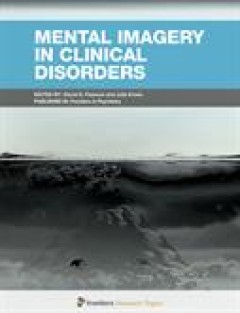
Mental imagery in clinical disorders
Mental imagery refers to the mental simulation or recreation of perceptual experience across different sensory modalities. The exploration of mental imagery represents a new and important area within clinical psychology, but arguably one still in its infancy. While mental imagery has featured prominently in recent theoretical accounts of disorders as diverse as post-traumatic stress disorder, p…
- Edition
- -
- ISBN/ISSN
- 9782889452620
- Collation
- 106 p.; 22 cm.
- Series Title
- -
- Call Number
- 362.2 PEA m
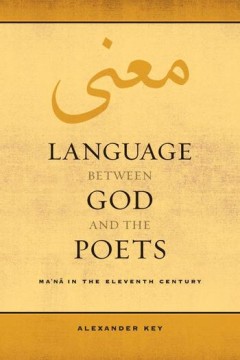
Language between God and the poets : ma'ná in the eleventh century
How does language work? How does language produce truth and beauty? Eleventh-century Arabic scholarship has detailed answers to these universal questions. Language Between God and the Poets reads the theory of four major scholars and asks how the conceptual vocabulary they shared enabled them to create theory in lexicography, theology, logic, and poetics. Their ideas engaged God and poetry at t…
- Edition
- -
- ISBN/ISSN
- 9780520298019
- Collation
- xvi, 280p. : ill.
- Series Title
- -
- Call Number
- 181.92 KEY l
Phonology in the bilingual and bidialectal lexicon
A conversation between two people can only take place if the words intended by each speaker are successfully recognized. Spoken word recognition is at the heart of language comprehension. This automatic and smooth process remains a challenge for models of spoken word recognition. Both the process of mapping the speech signal onto stored representations for words, and the format of the represent…
- Edition
- -
- ISBN/ISSN
- 9782889452101
- Collation
- 185 p.; 23 cm.
- Series Title
- Frontiers Research Topics
- Call Number
- 414 DAR p
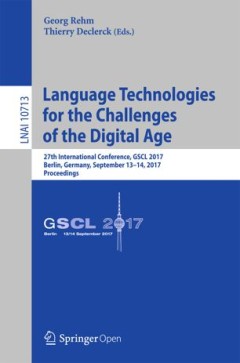
Language Technologies for the Challenges of the Digital Age
This open access volume constitutes the refereed proceedings of the 27th biennial conference of the German Society for Computational Linguistics and Language Technology, GSCL 2017, held in Berlin, Germany, in September 2017, which focused on language technologies for the digital age. The 16 full papers and 10 short papers included in the proceedings were carefully selected from 36 submissions. …
- Edition
- -
- ISBN/ISSN
- 9783319737065
- Collation
- XIII, 310 p.
- Series Title
- -
- Call Number
- 006.35 LAN l
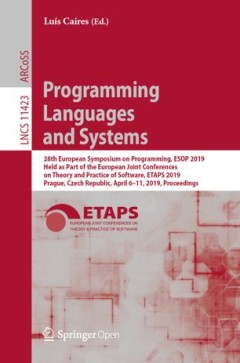
Programming languages and systems
This volume contains the papers presented at the 28th European Symposium on Programming (ESOP 2019) held April 8–11, 2019, in Prague, Czech Republic. ESOP is one of the European Joint Conferences on Theory and Practice of Software (ETAPS). It is devoted to fundamental issues in the specification, design, analysis, and implementation of programming languages and systems. The 28 papers in t…
- Edition
- -
- ISBN/ISSN
- 9783030171841
- Collation
- XV, 816 p.
- Series Title
- -
- Call Number
- 005.1 PRO p

Developmental, modal, and pathological variation linguistic and cognitive pro…
One significant area of research in the multifaceted field of bilingualism over the past two decades has been the demonstration, validation, and account of the so-called ‘bilingual advantage’. This refers to the hypothesis that bilingual speakers have advanced abilities in executive functions and other domains of human cognition. Such cognitive benefits of bilingualism have an impact on the…
- Edition
- -
- ISBN/ISSN
- 9782889456383
- Collation
- 179 p.; 23 cm.
- Series Title
- Frontiers Research Topics
- Call Number
- 404.2 DEV d
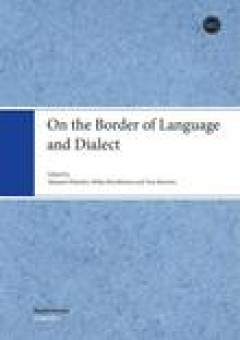
On the border of language and dialect
This volume considers the linguistic borders between languages and dialects, as well as the administrative, cultural and mental borders that reflect or affect linguistic ones; it comprises eight articles examining the mental borders between dialects, dialect continua and areas of mixed dialect, language ideologies, language mixing and contact-induced language change. The book opens with Denni…
- Edition
- -
- ISBN/ISSN
- 9789518580037
- Collation
- 259p. : ill. ; 25 cm.
- Series Title
- Studia Fennica linguistica, 21
- Call Number
- 417.2 ONT o
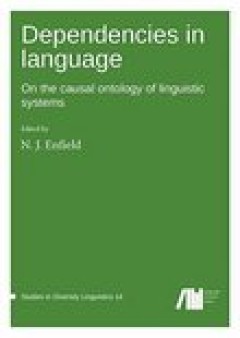
Dependencies in language: On the causal ontology of linguistic systems
Dependency is a fundamental concept in the analysis of linguistic systems. The many if-then statements offered in typology and grammar-writing imply a causally real notion of dependency that is central to the claim being made—usually with reference to widely varying timescales and types of processes. But despite the importance of the concept of dependency in our work, its nature is seldom def…
- Edition
- -
- ISBN/ISSN
- 9783946234661
- Collation
- 215 p.
- Series Title
- -
- Call Number
- 400 ENF d
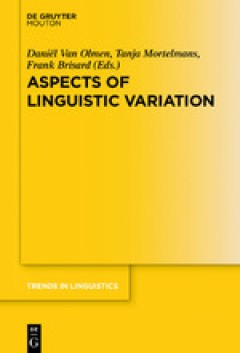
Aspects of Linguistic Variation
This volume brings together papers on linguistic variation. It takes a broad perspective, covering not only crosslinguistic and diachronic but also intralinguistic and interspeaker variation, and examines phenomena ranging from negation and TAM over connectives and the lexicon to definite articles and comparative concepts in well- and lesser-known languages. The collection thus contributes to o…
- Edition
- -
- ISBN/ISSN
- 9783110607963
- Collation
- 278 p.
- Series Title
- -
- Call Number
- 415 VAN a
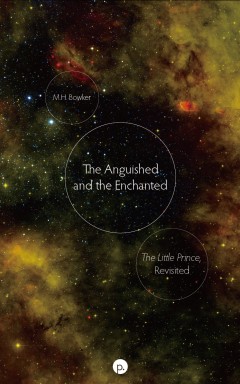
Metacognition in language learning and teaching
The Open Access version of this book, available at https://www.taylorfrancis.com/books/e/9781351049139, has been made available under a Creative Commons Attribution-Non Commercial-No Derivatives 4.0 license. This volume offers an exhaustive look at the latest research on metacognition in language learning and teaching. While other works have explored certain notions of metacognition in language…
- Edition
- -
- ISBN/ISSN
- 9781351049146
- Collation
- XIII, 269 p.
- Series Title
- -
- Call Number
- 418.0071 MET m
 Computer Science, Information & General Works
Computer Science, Information & General Works  Philosophy & Psychology
Philosophy & Psychology  Religion
Religion  Social Sciences
Social Sciences  Language
Language  Pure Science
Pure Science  Applied Sciences
Applied Sciences  Art & Recreation
Art & Recreation  Literature
Literature  History & Geography
History & Geography